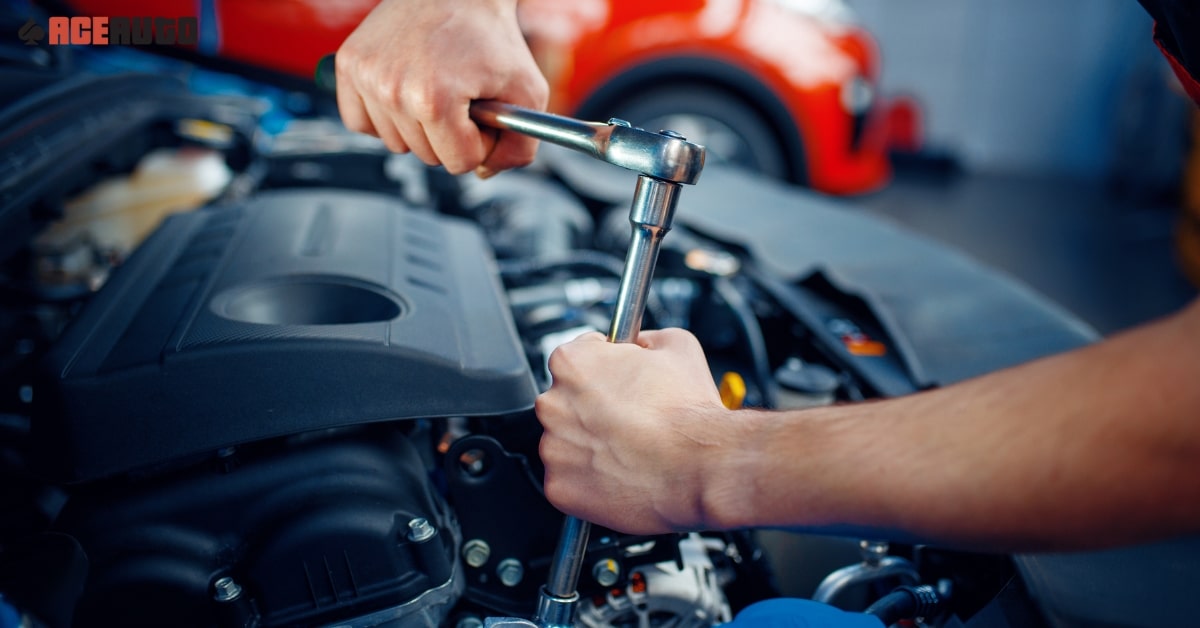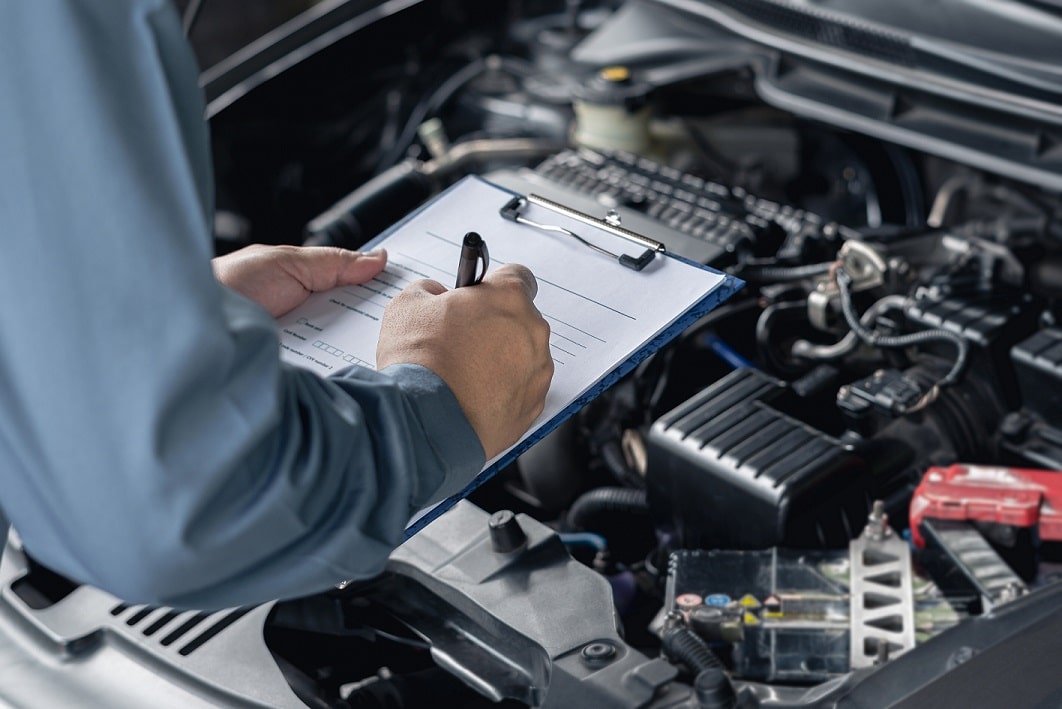All Categories
Featured
Your car's exhaust system is crucial for ensuring ideal efficiency, enhancing gas effectiveness, and minimizing harmful emissions. Over time, direct exposure to roadway components, wetness, and warm can take a toll on your exhaust system, leading to deterioration, corrosion, or leakages.
![]()
![]()
![]()
Conclusion. Taking positive steps to care for your vehicle's exhaust system can conserve you from expensive repair services and ensure your vehicle runs effectively for years to come. By investing a little time and initiative in your cars and truck's exhaust system, you can avoid costly repair services and appreciate a smoother, much more efficient driving experience.
- Conduct Normal Inspections. A simple yet reliable means to make certain the long life of your exhaust system is to evaluate it frequently. Look for any indications of deterioration, corrosion, or physical damages like fractures or holes in the exhaust pipes and muffler. Any kind of unusual sounds such as rattling or loud sounds while driving could likewise be signs of problems in the exhaust system. If you detect any of these signs early, you can prevent small problems from developing into major repairs.
- Safeguard Against Corrosion and Rust. Corrosion is one of the leading causes of exhaust system failure. To secure your exhaust system, consider washing the bottom of your automobile routinely, especially after driving in wet or salty problems. If feasible, pick an exhaust system that offers included corrosion defense.
- Stay Clear Of Short Trips. Regular brief trips, particularly in cold climate, can create wetness to construct up in the exhaust system. When the exhaust system doesn't get hot sufficient throughout short drives, it can create condensation to form inside the pipelines, leading to rust.
- Drive Very Carefully and Properly. Driving routines can affect the life-span of your exhaust system. Aggressive driving, such as difficult acceleration and sudden stopping, locations unneeded strain on your cars and truck's parts, including the exhaust system. In time, this can cause excessive damage, creating parts to fail prematurely. Driving efficiently and preventing abrupt quits and begins can help in reducing the strain on the exhaust system, contributing to its durability.
- Listen for Unusual Appears. Pay focus to any kind of uncommon noises originating from your exhaust system. A loud grumbling or barking noise can be a sign of a damaged muffler or exhaust leak. It's vital to get your lorry checked by a technician immediately if you see any type of strange sounds. An exhaust leakage not just impacts your auto's performance however likewise increases exhausts, making it less ecologically pleasant. Addressing leakages as quickly as they take place can avoid more damage to the exhaust system.
- Examine and Preserve Exhaust Hangars. Exhaust hangars are the rubber installs that support the exhaust system, keeping it securely in location below the car. If these hangars come to be used or harmed, the exhaust system may end up being or sag misaligned, causing tension on the parts and causing early wear. Check the exhaust hangars regularly and replace them if required to stop unnecessary pressure on the exhaust system.

- Replace Worn-out Parts Promptly. If you discover any kind of components of your exhaust system that are broken or damaged, such as the muffler, catalytic converter, or exhaust pipeline, it is essential to change them promptly. Overlooking broken parts can result in further damages to the exhaust system and even engine performance problems. Regular maintenance and changing defective parts when needed will certainly aid maintain the exhaust system functioning correctly and protect against larger, more expensive issues later on.
- Maintain Your Engine. If your engine is misfiring or not running smoothly, it can trigger extreme emissions that place additional stress on the exhaust system. Normal maintenance, such as oil modifications, stimulate plug substitutes, and air filter checks, makes certain that your engine is running successfully, which in turn aids maintain the exhaust system.

Conclusion. Taking positive steps to care for your vehicle's exhaust system can conserve you from expensive repair services and ensure your vehicle runs effectively for years to come. By investing a little time and initiative in your cars and truck's exhaust system, you can avoid costly repair services and appreciate a smoother, much more efficient driving experience.
Latest Posts
Enhance Your Home's Exterior with Weathercraft's Exterior siding Solutions
Published May 28, 25
1 min read
Expert Business Roof Covering Solutions in North Platte, Nebraska
Published May 25, 25
2 min read
Why Chicago Drivers Choose Montclare Auto Repair for Reliable Service and Great Savings
Published May 24, 25
1 min read
More
Latest Posts
Enhance Your Home's Exterior with Weathercraft's Exterior siding Solutions
Published May 28, 25
1 min read
Expert Business Roof Covering Solutions in North Platte, Nebraska
Published May 25, 25
2 min read
Why Chicago Drivers Choose Montclare Auto Repair for Reliable Service and Great Savings
Published May 24, 25
1 min read